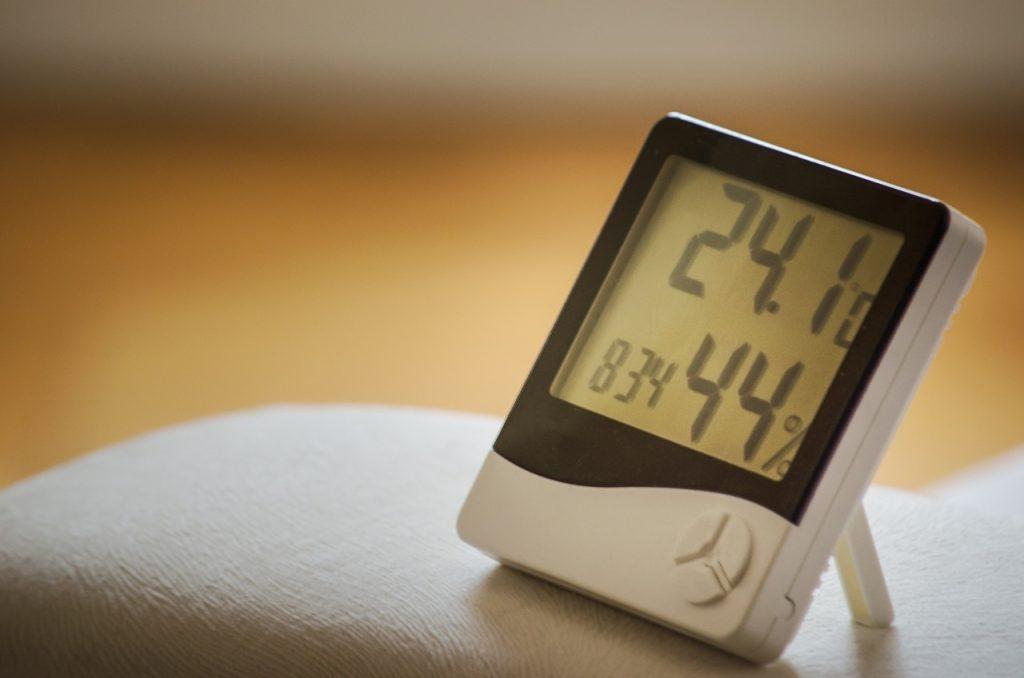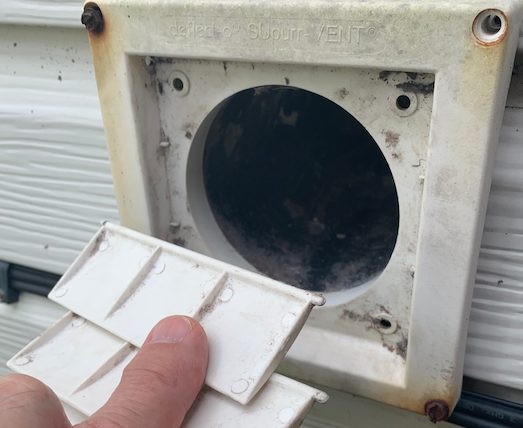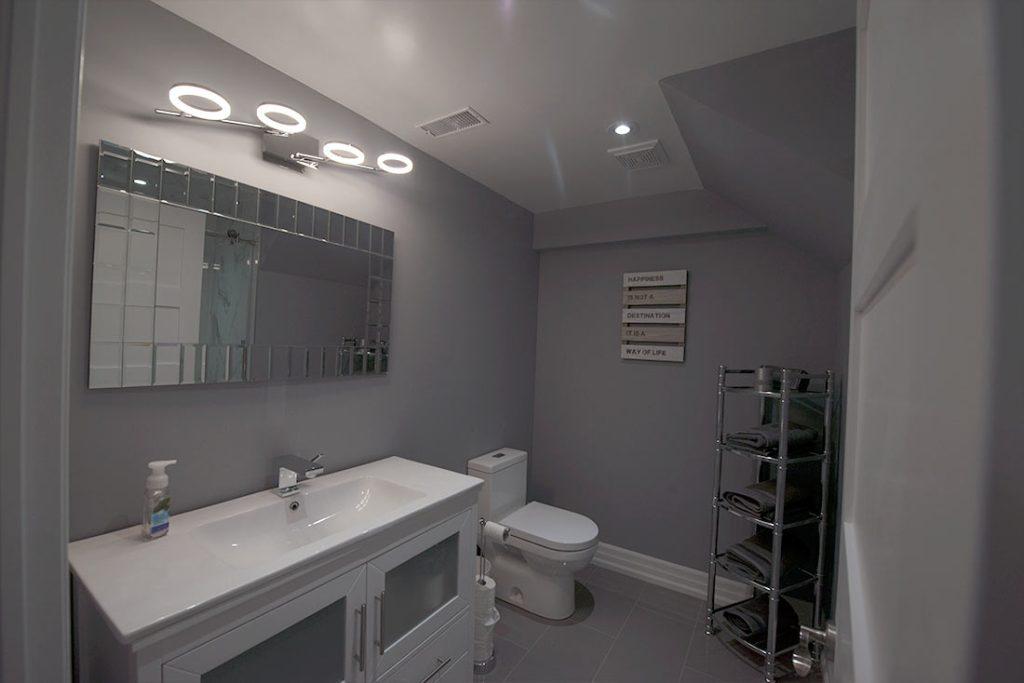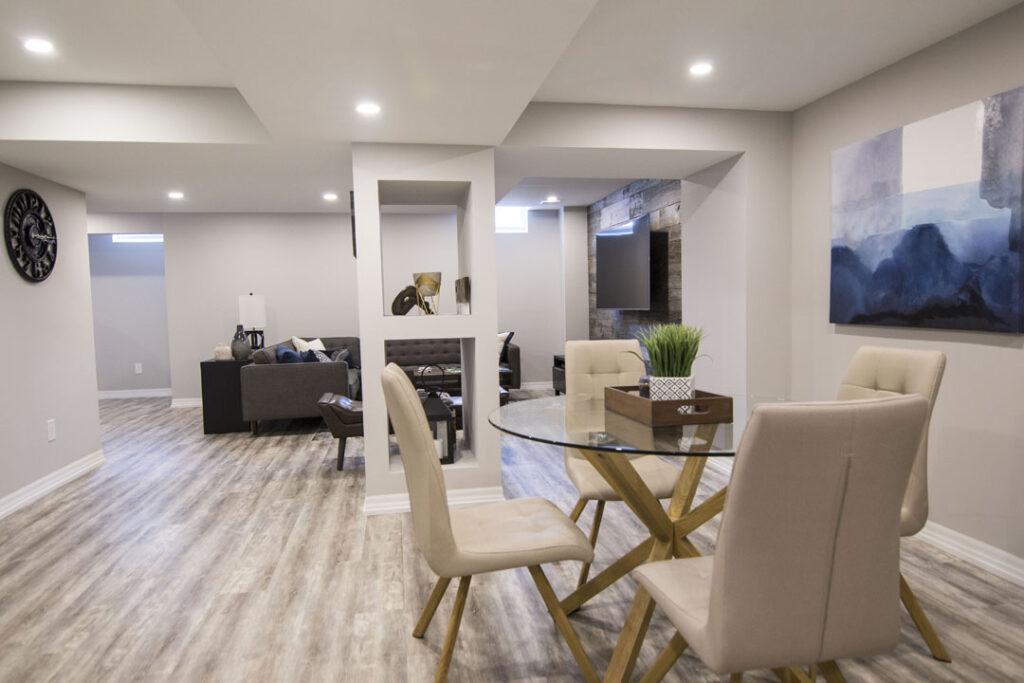Maintaining a good humidity level for the basement is important to help keep your family healthy and your home structurally sounds all year long. Uneven humidity levels in your basement can affect the human body in ways that lead to health complications such as asthma, fatigue, hypothermia, lethargy, and dehydration. It can also cause problems that will affect the living conditions of your basement, including mould growth and condensation on windows and toilet tanks.
With that said, regulating your basement’s humidity level is critical to ensuring the health and safety of you and your home. Our experts at Harmony Basements will discuss here today the ideal basement humidity level, as well as providing useful tips to help you address, monitor, and manage moisture in your basement.
Ideal Humidity Level for a Basement

Basements are prone to humidity issues because they are below-grade underground and often lack great ventilation. Basements have increased contact with soil so water can seep into the basement from the soil from poor grading around the landscape, and from cracks that develop in the foundation over time. Many homeowners also have laundry rooms and bathrooms in the basement that contribute to higher humidity levels simply from regular use because of moisture accumulation.
Ideal basement humidity levels are between 30% to 50%. Anything below 30% can cause gaps between windows and doors and it’s the low humidity levels that can lead to these structural changes in your home, On the other hand, moisture levels above 50% can lead to bacteria growth, mildew, and mold. Excessive moisture will create an unhealthy environment that can cause serious health issues and damage walls, carpets., and other valuable belongings.
Find the Source of Basement Humidity
Basements are notoriously humid and damp, so identifying the root causes of your basement humidity is crucial to tackling the issue effectively. One common reason of an increase in humidity levels in house Canada is because of poor ventilation, which can trap moisture inside the basement. Another sign to look out for is moisture seeping into your basement through cracks in the walls or floors.
Additionally, activities such as drying clothes, showering, and cooking in the basement can contribute to elevated humidity levels. It’s essential to address these underlying factors quickly to prevent mold growth and structural damage caused by excess moisture. By finding the sources of basement humidity early, you can create a drier and healthier living environment.

Factors that Impact Basement Humidity Levels

Here are three safe and effective removal methods so you know how to get rid of spiders in basement. Humidity in the basement is a common problem that can result in many issues – everything from damaging the structural integrity of your home, to toxic mould and health concerns. Let’s look at some of the most common factors that impact basement humidity levels.
- Ventilation – Improper ventilation can increase humidity in the basement. Installing an exhaust fan or adding an air conditioner can allow the free flow of air to stop humidity from occurring and be very effective in regulating airflow in the room.
- Climate – If you live in a region with regular rainfall and high humidity levels, your chances of having humidity in the basement are high because the air around and inside your basement will be saturated with moisture you can’t control.
- Condensation – When warm, moist air encounters cool basement surfaces like walls and floors, condensation is created. Ensure there’s no clogging and air is flowing freely to deal with condensation in your basement
- Lack of Windows – Basements are usually dark, enclosed spaces that are damper than the rest of your home due to poor ventilation. Since the airflow in basements is typically airtight, a lack of windows makes it impossible for moisture to escape on its own.
How to Maintain a Good Humidity Level for Basement
One of the most effective ways to address the humidity levels in your basement is by managing moisture at its source. While a professional’s expertise is always helpful, you can start your search using the following methods.
- Fix Any Leaks – Leaking pipes, water heaters, and washing machines can affect your basement’s humidity. Look for wet spots, rust or condensation to find any outstanding leaks.
- Close Off Drafts – Gaps and cracks in walls, windows, and doorways can cause excess moisture to collect in your basement. Sealants like weatherstripping and caulking can help close off gaps and fix the issue.
- Regular Vent and Sump Pump Maintenance – Excess moisture from your pipes can create a humid environment if your sump pits and drains are not airtight. Consider contacting a professional once every three to four months to ensure your basement’s vents and sump pump are performing optimally.
- Keep Gutters Clean – Clogged gutters can pool melting snow and rainwater around your home’s foundation. Ensure your gutter spouts are positioned away from your home to draw water elsewhere.

Controlling Humidity Levels

Some humidity issues are more severe than others. However, there are several accessible tools including exhaust fans, chemical absorbents, and water leak detectors that you can use to help maintain appropriate moisture levels in your basement and home.
There are several types of dehumidifiers available such as desiccant, refrigerant, and whole-house ventilation systems. Once you find a suitable model and size, it will remove excess moisture from the area, not only addressing the humidity in your basement, but also can help you manage moisture levels in your entire home. A dehumidifier is notably handy during the summer season, to help keep the humidity levels in check when the outside air is warmer and more humid. In the summertime, the ideal basement humidity level is 50%.
During the winter, the lower temperatures outside can drop the humidity levels in your basement to below 50%. A humidifier can help with the dry air in your basement. Depending on how cold the temperatures get in your area, your basement humidity should be as low as 20%.
Control Your Basement Humidity Levels with Harmony Basements
Controlling the humidity level in your basement should be a priority to avoid the negative impacts that uncontrolled moisture levels can cause to your health and the structure of your home. We encourage regularly monitoring your basement’s humidity levels and taking proactive measures to prevent issues. If you have any questions or require assistance managing your basement, contact Harmony Basements today.
FAQ
What is a safe humidity level for a basement? 30 to 50% is generally a safe humidity level for a basement. This range prevents several health risks associated with low humidity while also reducing the risk of harmful bacterial growth.
How to keep a basement moisture free? We recommend keeping a basement moisture free by doing the following:
– Use sump pumps to remove water from your basement.
– Install exhaust fans in kitchens and bathrooms.
– Mop up spills and repair leaks and quickly.
– Use dehumidifiers in the summer as well as humidifiers sparingly.
– Slope soil away from your foundation.
– Vent dryers and other appliances outside of the house.
– Avoid overwatering plants.
The post What is a Good Humidity Level for a Basement? appeared first on Harmony Basements.
https://harmonybasements.ca/what-is-a-good-humidity-level-for-a-basement/
Did you miss our previous article...
https://manstuffnews.com/basement-ideas/daylight-basement-vs-walkout-basement
 Backyard GrillingWeekend WarriorsAdvice from DadBeard GroomingTV Shows for Guys4x4 Off-Road CarsMens FashionSports NewsAncient Archeology World NewsPrivacy PolicyTerms And Conditions
Backyard GrillingWeekend WarriorsAdvice from DadBeard GroomingTV Shows for Guys4x4 Off-Road CarsMens FashionSports NewsAncient Archeology World NewsPrivacy PolicyTerms And Conditions
